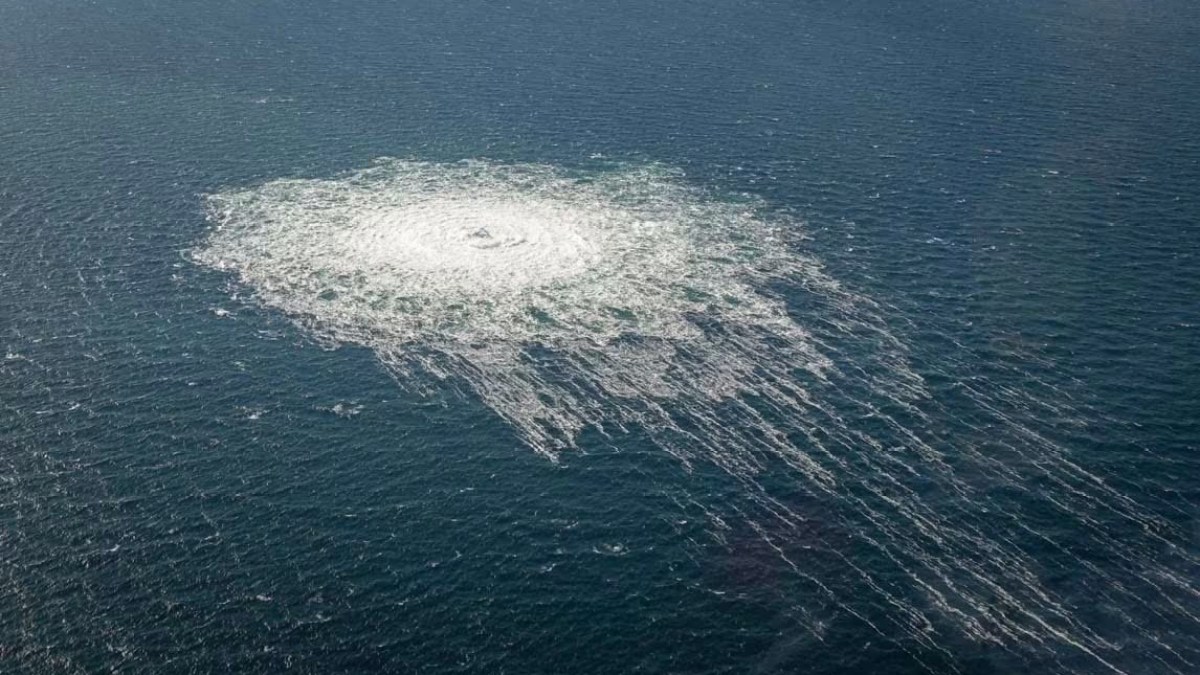German Chancellor Olaf Schultz and Norwegian Prime Minister Jonas Gahr Storr announced yesterday, Wednesday, that they had launched an initiative within the North Atlantic Treaty Organization (NATO) to enhance the protection of maritime infrastructure, after the bombings that targeted last September the Nord Stream 1 and 2 pipelines in the Baltic Sea.
"We are in the process of asking the Secretary-General of NATO (Jens Stoltenberg) to establish a coordination body to protect maritime infrastructure," Schultz said - during a panel discussion in front of journalists in Berlin, in which Store also participated.
Schultz warned that this initiative shows "clearly" that "we take the protection of our infrastructure very seriously, and that no one can assume that there will remain attacks without consequences."
In turn, the Norwegian Prime Minister said that these infrastructures are "the arteries of the modern economy. Germany and Norway have discussed in recent weeks how we can enhance" their security.
None of the German or Norwegian officials provided any details about their initiative, and Store said that this "informal" initiative is tantamount to cooperation between civilian and military parties under the auspices of NATO and the ministries of defense in the countries concerned, noting that it is related to - in addition to ensuring the security of lines Gas pipelines - with other important infrastructure, primarily communication cables.
For his part, the German chancellor stressed that this cooperation body "must be able to intervene quickly in the event of any emergency.
The Secretary-General of NATO welcomed this initiative, and said - in a statement - that "NATO has been working for many years to ensure the security of maritime infrastructure. We have intensified our efforts in the wake of the recent sabotage of the Nord Stream pipelines, and it is necessary to do more to ensure the survival of our maritime infrastructure safe from future acts of destruction.
On September 26, 4 leaks were detected in the Nord Stream 1 and 2 gas pipelines off the Danish island of Burnham;
Two of them were in the Swedish economic zone, and the other two were in the Danish economic zone.
The two Nord Stream pipelines linking Russia with Germany have been at the center of geopolitical tensions for years, and these tensions escalated following the Russian war on Ukraine and Moscow's decision to cut off gas supplies to Europe.
The Danish, German and Swedish judicial authorities suggested that the leakages in the two pipelines were sabotage and caused by explosions, and opened an investigation to clarify the circumstances of this.
Moscow denied any involvement in these sabotage operations, and accused London of standing behind it.

